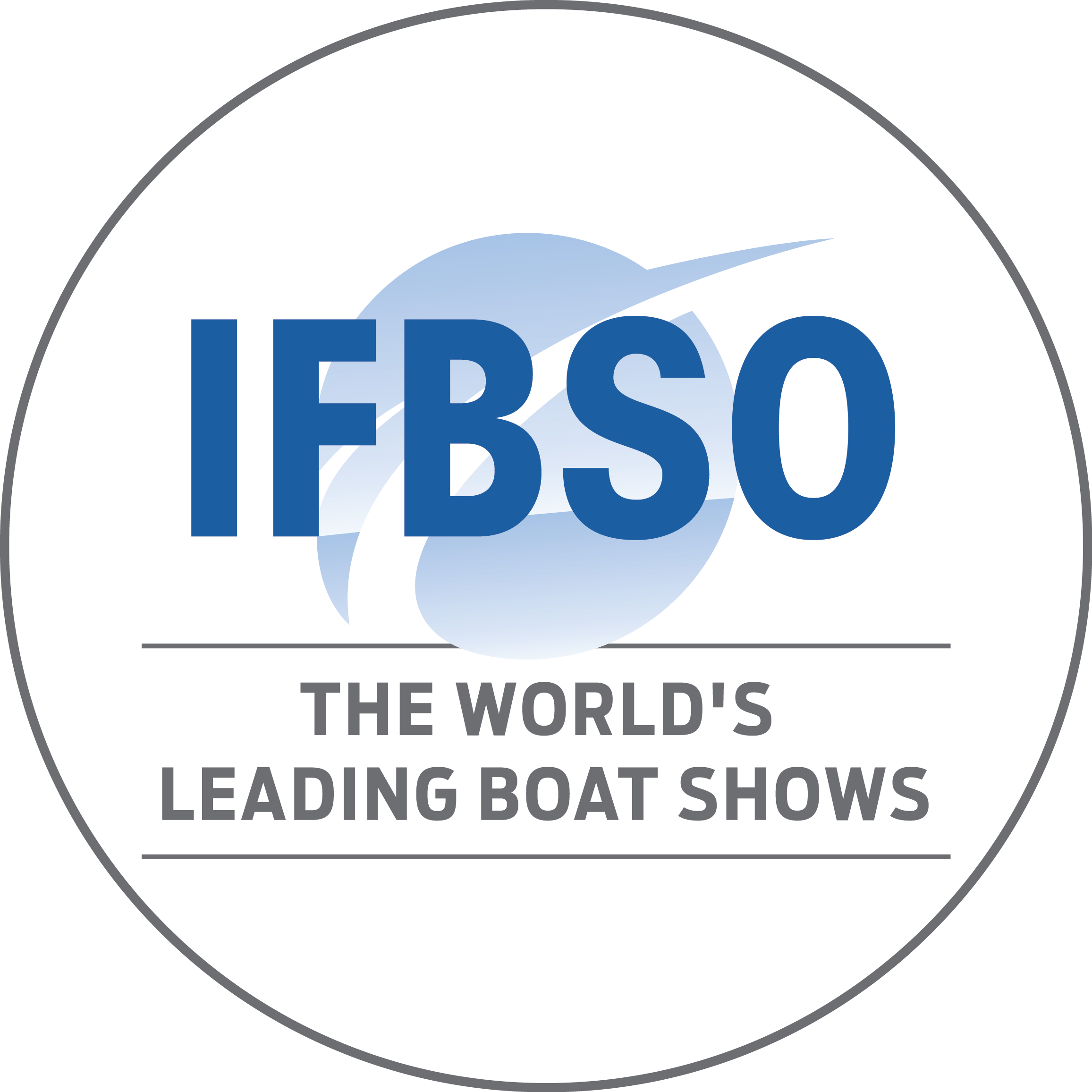LIQUI MOLY was formed in 1957 to commercialise a molybdenum disulfide-based motor oil additive that provided emergency running capabilities in the event of sudden oil loss. The potential for this technology to prevent serious mechanical harm was famously demonstrated by driving two VW Beetles around Lake Constance without any motor oil in their engines.
From those beginnings, the business developed a range of oil and fuel additives, which were produced in-house from its headquarters site in Ulm, Germany. The LIQUI MOLY brand soon became a household name among car owners and the automotive trade.
Progress has continued since. The company entered the motor oil business in the late 1970s. Service, maintenance, and care products for private and professional use, such as greases and sprays, have joined the range. LIQUI MOLY made significant multi-million-euro investments in its sites in Ulm and Saarlouis, where its engine oil ranges are produced. The number of employees hit the 1000 mark in 2021; a year later, it launched its seventh and eighth subsidiaries to further support international operations. Last year, turnover exceeded one billion euros for the first time.
The LIQUI MOLY brand is highly recognisable and trusted by consumers, reinforced by engagement with high-profile activities such as Formula 1®, where the company has had long-standing involvement.
Entering the recreational marine market
Markus Kastner, Export Business Development Manager for LIQUI MOLY’s motorbike and marine segments, has been with the company for five years. He explains the background to its relatively recent entry into the global recreational marine market: “We entered the marine market in 2016. The pandemic slowed our traction in this sector, but we’ve made great progress since then with high visibility appearances at key trade shows and in the media. We’ve been appointing strong distribution partners in many main markets, but are still looking for new and additional distribution in many countries.
“Our main target groups span everything from personal watercraft and boats powered by small outboards and auxiliary engines, up to larger yachts with very powerful inboards. We have all the approved lubricants needed to service any marine engine, together with gear oils, additives, diesel biocide and service products. Our range appeals to those who want to care for their boats, where proven and tested quality products are considered more important than price.”
Dedicated marine focus
LIQUI MOLY strongly reinforces its dedication to the recreational marine sector by packaging its lubricants in exclusive blue containers with boat-related graphics that carry all relevant approvals and specifications. It’s a carefully thought-through move to ensure that consumers and business users understand it to be a standalone set of products created to serve the usage patterns and rigours of engines in recreational marine applications.
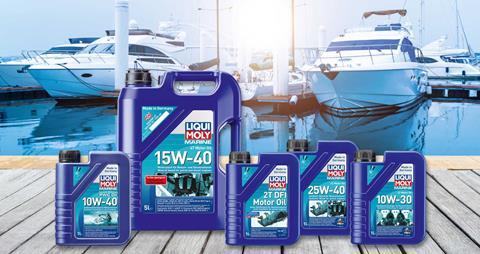
The current range features 10 different engine oils and four gear oils that, between them, carry a very broad range of approvals and standards covering just about every manufacturer’s engine line-up, as Oliver Kuhn, Deputy Head of the oil laboratory at LIQUI MOLY’s Saarlouis plant explains:
“If you do an oil change on a car, you’ll know the lubricant used should carry an approval from that manufacturer. Most of the time, the approval is a small note on the side of the cannister, but it is very important. It is similar in the marine industry. For gasoline engines, we need NMMA approval, which is important especially for outboard motors. It is also essential to get approval from inboard diesel manufacturers such as Volvo Penta, MAN, Cummins, and so on.
“That official approval on the label means it has undergone expensive testing and is completely safe to use in the engine ranges identified. You don’t need to use the engine manufacturer’s branded products.
”Oils and additives are not an after-market sale for us. We are experts in the field, and it is our primary business. We source the best raw materials to blend lubricants into our formulations, which are designed in our laboratory to meet the requirements of engine builders. It’s our goal to bring these raw materials together to a finished fluid of very high quality. All the blends are checked to ensure that all parameters are in tolerance – the whole chain from the raw material to the end product is managed within LIQUI MOLY’s tight control system to ISO standards.”
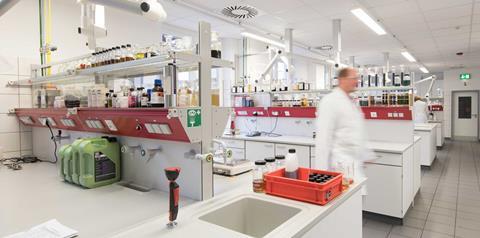
Benefits of a one-stop range of approved marine oils
LIQUI MOLY’s achievements in approvals and standards adherence is a major bonus for stockists and users of marine oils. Most of the typical small craft, PWCs and larger yachts in any given harbour can be serviced by using just this one range of lubricants. That means companies can avoid expensive stockholding investments across multiple ranges of similar products. It will also reduce annoyance and delay for a boat owner at point of demand if an engine manufacturer-branded product is not available.
Further reinforcing the wide potential for its range, LIQUI MOLY’s website features an impressively detailed marine lubricant product application app featuring engines and gearboxes produced over many years from more than 80 manufacturers. You select the make and model of engine in drop-down menus and are then provided with details of matching LIQUI MOLY lubricants and other service items such as coolant.

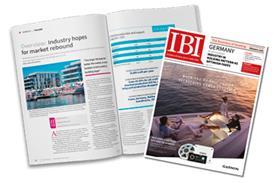
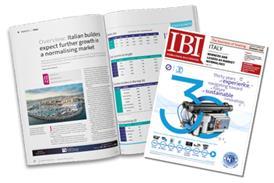
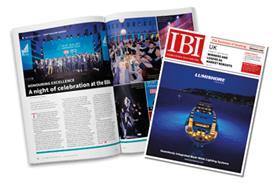
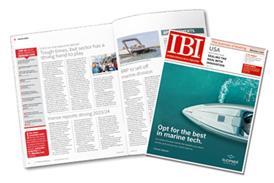

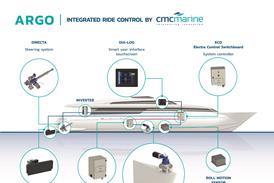
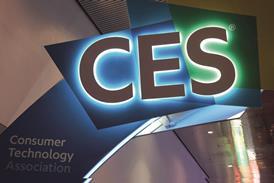
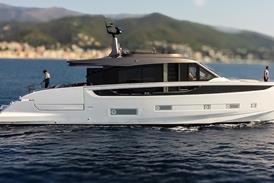
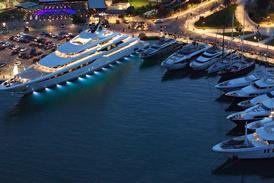
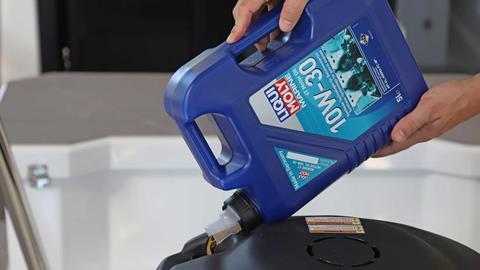
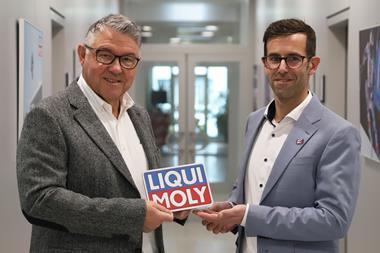
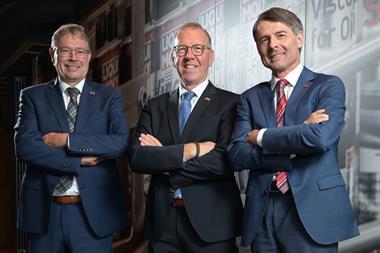
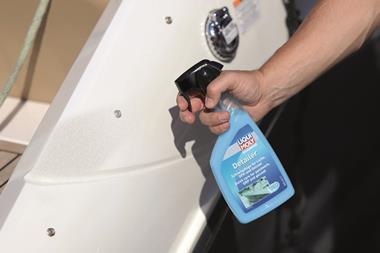
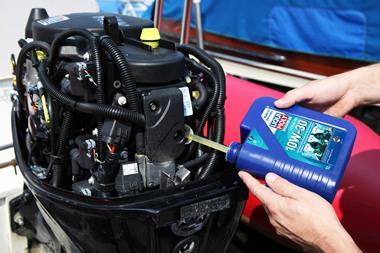
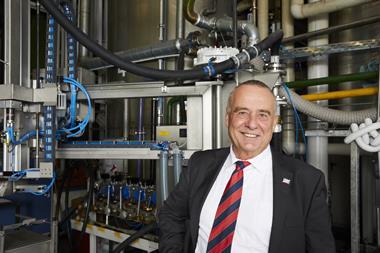

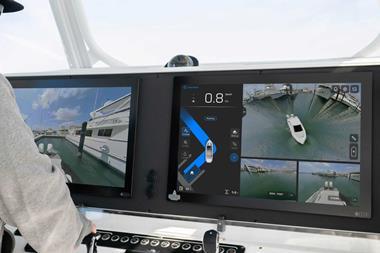
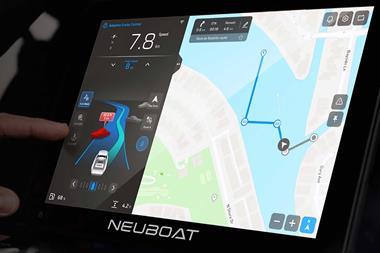
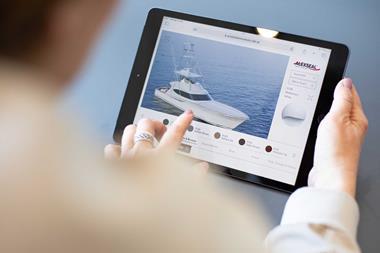
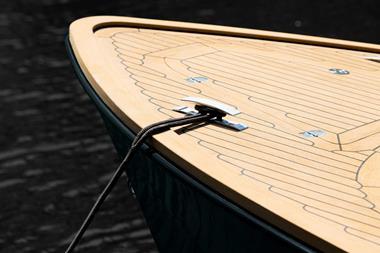

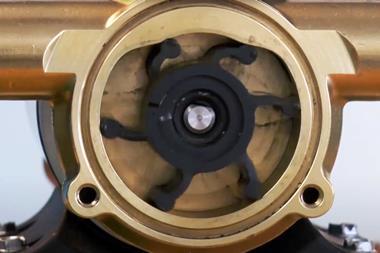










 LinkedIn
LinkedIn X / Twitter
X / Twitter Facebook
Facebook Email us
Email us


